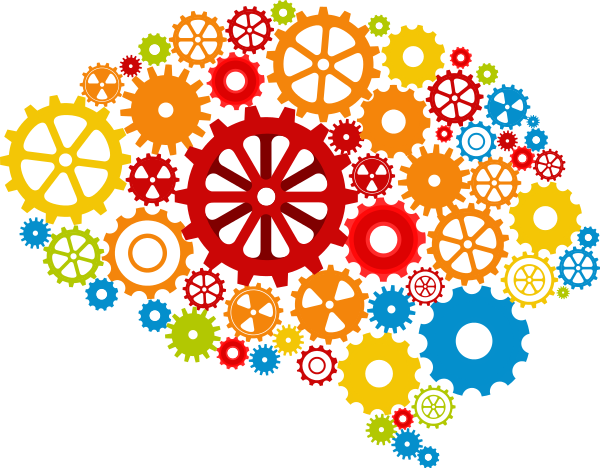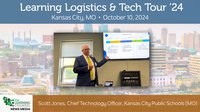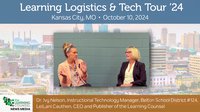Throughout my lifetime and over three decades in education, I’ve encountered many adults and students who say they aren’t good at math or they can’t do math. This fixed mindset often stems from difficulties they’ve experienced in learning or doing mathematics – they think they’re only so smart and they’ll never be any better at math no matter what they do.
In addition, these individuals tend to view mistakes as an end rather than a means to learning. Deciding to give up because of the mistake instead of determining to carry on.
This thinking is sometimes fueled by parents or other care givers who have a fixed mindset about their math abilities and hold the mindset of low math expectations for their child. Or it can stem from classroom environments where students are praised more for their talent or intelligence, rather than for their work, effort, or strategies used. So how do we help students overcome this “I can’t do math or I’m not good at math” mindset so that they believe they can do and be good at math?
We begin by looking at relevant research and studies that have investigated the role mindsets and mistakes play in learning. Stanford University’s Carol Dweck looks at the origin of mindset, its role in motivation and impact on achievement and interpersonal processes. Dweck found that the key isn’t ability, but rather whether you look at your ability as something inherent that needs to be demonstrated or something that can be developed.
Dweck and Meuller (1998) also found that kids praised for intelligence tend to view intelligence as something that is innate and unchangeable. As a result, these kids are rendered helpless by failure.
Research also shows us that making mistakes is a very necessary component of learning. Daniel Coyle (2009) found that that for deeper learning to take place, “struggle is not optional – it’s required.” Making mistakes and receiving appropriate feedback to correct them, helps us grow mentally, speeding up our thinking, processing, and actions.
In order to change mindsets about math, we have to first help our students understand that struggling and making mistakes is not a bad thing and that it doesn’t always have to lead to frustration or a sense of inadequacy. Thomas Edison said, “You must learn to fail intelligently. Failing is one of the greatest arts in the world. One fails forward toward success.”
We have to help our students understand that struggle can be productive. Hiebert and Grouws (2007), use the term productive struggle to refer to the “effort to make sense of or to figure something out that is not immediately apparent.”
Productive struggle leads to understanding, makes effort seem worthwhile, leads to feeling of empowerment, and makes learning goals feel attainable and effort seem worthwhile. It’s an important component of growth mindset. Working through failure towards higher accomplishment and helps us to grow stronger, which in essence increases our intelligence and makes us smarter.
Each of us as leaders, teachers and parents play a vital role in conveying a mindset that fosters productive struggle and emphasizes the value that wrong answers can have. You set the stage by embracing a mindset for yourself and your students that fosters productive struggle and the importance and value of grappling with problems.
There are numerous things you can do to foster a positive mindset and productive struggle, but it begins by:
- Cultivating a classroom climate that supports mathematical thinking and communication
- Keeping the focus on thinking and reasoning rather than only getting the right answer
- Identifying parts of thinking that are correct and help guide and direct students to ideas and solutions that are correct when students respond with incorrect answers
- Praising students for their effort, strategies used, and specific work rather than innate ability
As a result, students become accustomed to explaining their ideas and questioning solutions that don’t make sense to them. They aren’t afraid to take risks and know that it is acceptable to struggle and make mistakes. And they recognize that mistakes are a means to an end, rather than an end to learning, and that learning from making mistakes can increase intelligence and mental ability. Bottom line, change your mindset and BOOST your thinking and math power!
Cindy Bryant is a veteran math teacher, former member of the NCTM Board of Directors, former state K–12 Math Director in Missouri, and a Presidential Awardee. She now works as the Director of Learning at LearnBop, an automated tutoring platform that helps teachers and administrators improve math proficiency through interactive concept modules, practical data, and differentiated learning.
At LearnBop we believe that math is for everyone. We know that students with access to high quality resources have an advantage, so we set out to create a math learning system that could be accessible by all teachers and students from anywhere there is an internet connection. We also know that students can learn up to twice as fast when they receive personal attention, which is why we designed LearnBop to simulate the tutoring experience, providing students with the benefits of one-on-one attention.











